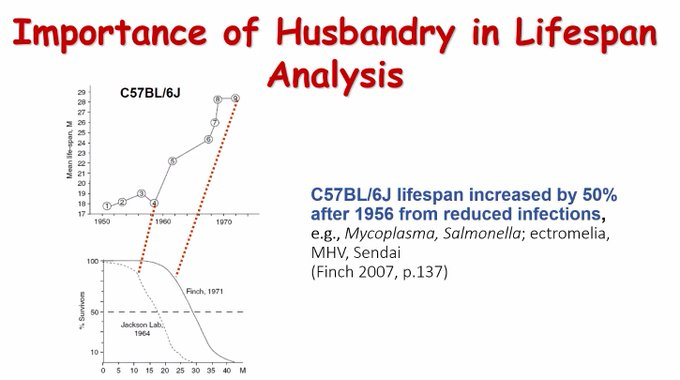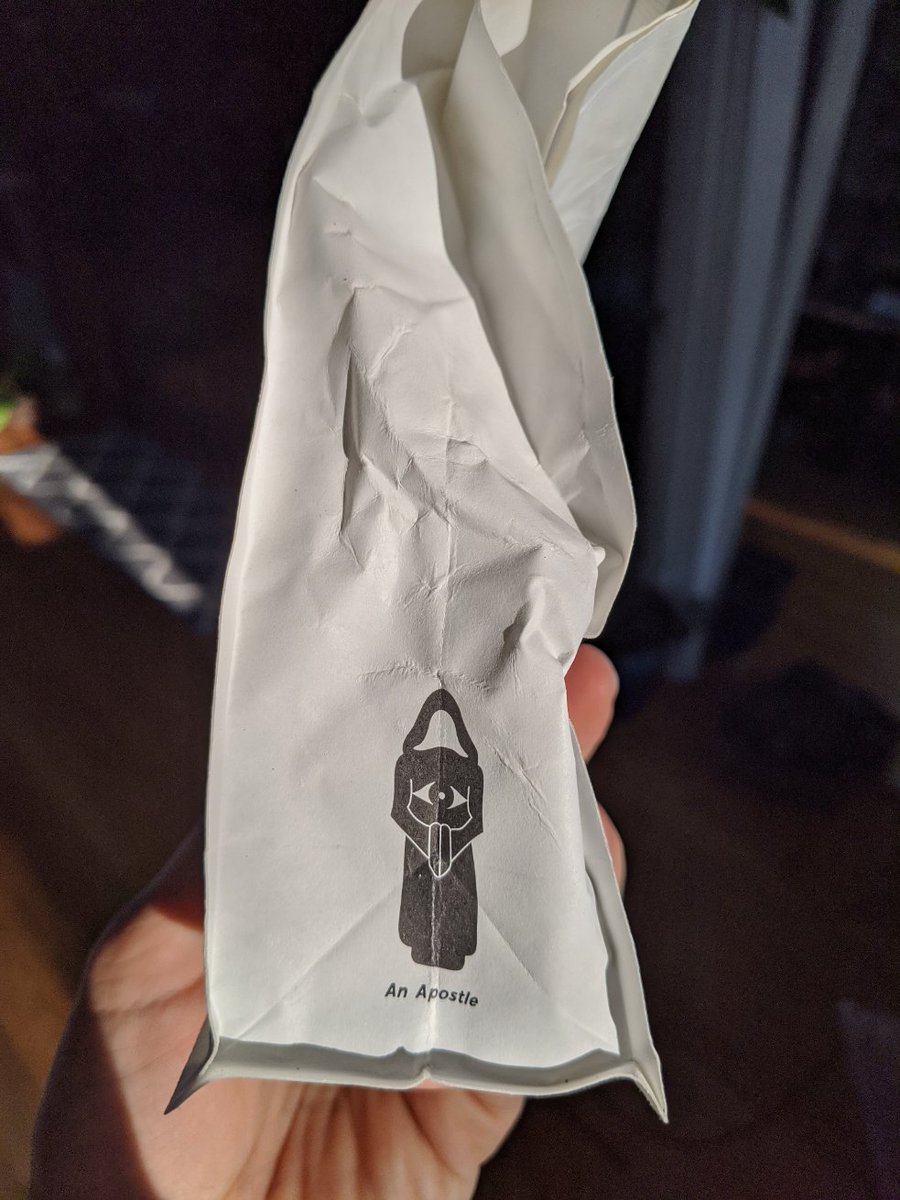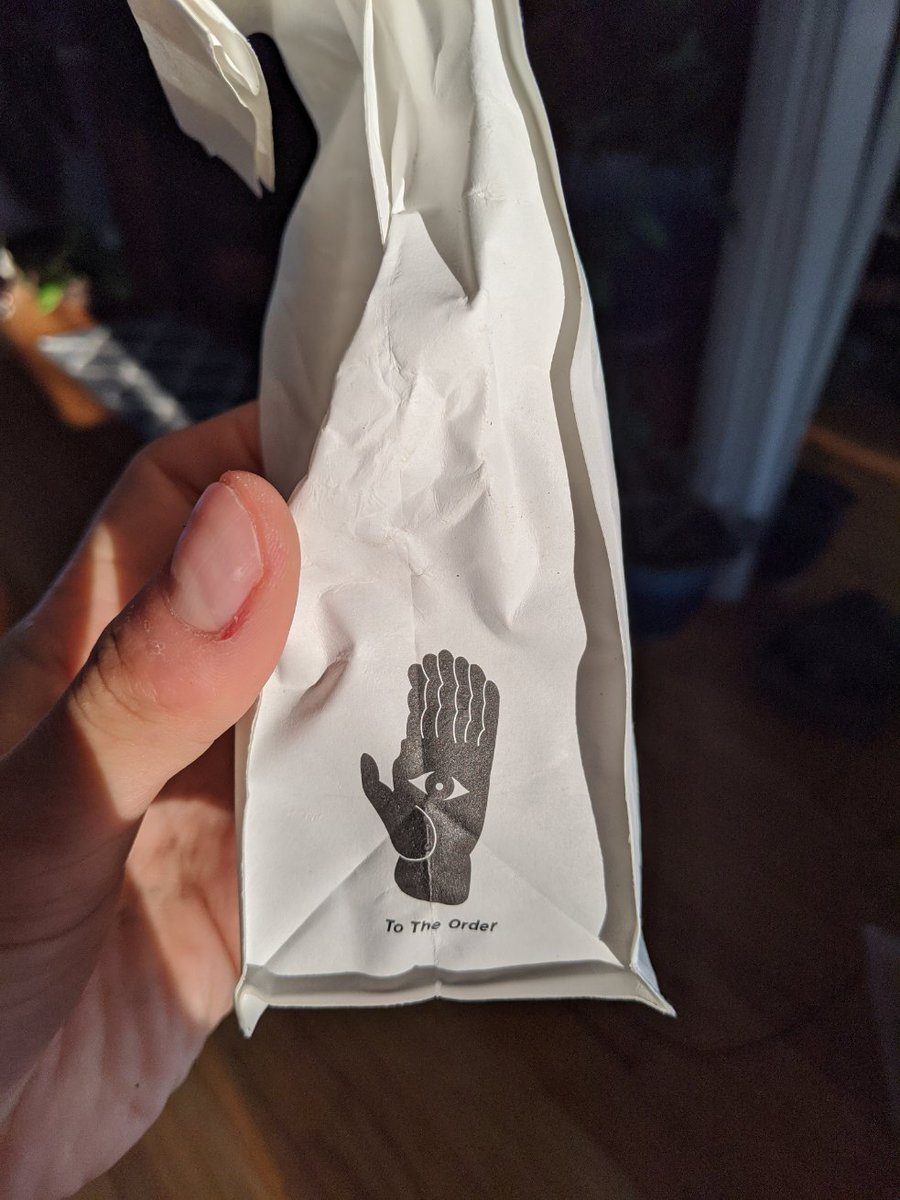
Thrilled to announce the Longevity #Impetus Grants, $21M+ towards basic research that could accelerate our understanding and control of human aging.
We welcome proposals from researchers in- and outside the #Aging field. Please share!
More info: impetusgrants.com & this 🧵
We welcome proposals from researchers in- and outside the #Aging field. Please share!
More info: impetusgrants.com & this 🧵
Impetus Grants are $10k-500k (w max 10% overhead). Smaller requests favored, to support more projects. No project period and no strings attached. Scientists at non-profits worldwide can apply with ideas that shift perspectives & capabilities in #Aging research, starting Sep 13th.
Inspiration came from @tylercowen & @patrickc's #COVID19 Fast Grants. Their team made funding decisions in 2 weeks, and the grants have already led to both discoveries and better tools for #testing.
If it's feasible to fund science this way, shouldn't we? future.a16z.com/what-we-learne…
If it's feasible to fund science this way, shouldn't we? future.a16z.com/what-we-learne…
We're hoping to minimize the quoted phenomenon.
Academic research is peculiar in that we train scientists, then promote them to be fundraisers. PIs not only spend a lot of time writing #grants, but learning 'grantsmanship' and what is likely to get funded.
https://twitter.com/nanopharmNC/status/1408511249877512193?s=20
Academic research is peculiar in that we train scientists, then promote them to be fundraisers. PIs not only spend a lot of time writing #grants, but learning 'grantsmanship' and what is likely to get funded.
Privately, I often hear ideas that scientists have shelved as 'unfundable'.
Several major topics in longevity research were first demonstrated without direct funding: epigenetic clocks, heterochronic parabiosis, and partial reprogramming. How many such discoveries are we missing?
Several major topics in longevity research were first demonstrated without direct funding: epigenetic clocks, heterochronic parabiosis, and partial reprogramming. How many such discoveries are we missing?
We'd like to make more bets on the ideas that scientists find most important, even when the hypothesis isn't already strongly supported. Many such projects won't turn out as expected, but even a few wins could significantly accelerate the field (and we'd learn from the rest too).
On that note, some process experiments:
We want any outcome of these bold projects to benefit the field, and are organizing a special journal issue w short reports that include (robust) negative/unintuitive findings.
Our reviewers are paid for their time, which should be normal.
We want any outcome of these bold projects to benefit the field, and are organizing a special journal issue w short reports that include (robust) negative/unintuitive findings.
Our reviewers are paid for their time, which should be normal.
Moving #Fast was clearly important for #COVID19, but why is #Longevity research urgent?
The world is aging. In ~10 years, 🇺🇸 will have more 65+yos than children. 2/3 of people 65+ suffer from multiple chronic diseases. Healthcare will collapse under this demographic pressure...
The world is aging. In ~10 years, 🇺🇸 will have more 65+yos than children. 2/3 of people 65+ suffer from multiple chronic diseases. Healthcare will collapse under this demographic pressure...
...but there's increasingly robust evidence that #AgingBiology CAN address #Multimorbidity, and thus represents our biggest lever on population health. But translation of the basic research takes 10+ years to become therapies, so we need to fund more basic research NOW.
Note: '#Longevity' is a loaded term.
The work we'll fund is not for the few. It's medicine aimed at treating multiple diseases at once. It's enabling healthcare, rather than relying on #sickcare, by attacking the drivers of the diseases, pain, and frailty that afflict everyone.
The work we'll fund is not for the few. It's medicine aimed at treating multiple diseases at once. It's enabling healthcare, rather than relying on #sickcare, by attacking the drivers of the diseases, pain, and frailty that afflict everyone.
Impetus has been the first Longevity Apprenticeship project martinborchjensen.com/apprenticeship. As promised, @LNuzhna, @kush__sharma & @edmarferreira were thrown right into a big project, and did a fantastic job. The infrastructure making these grants possible is all thanks to their efforts
Likewise, this is only possible due to very generous donors who want to accelerate scientific #progress. Founding donor @juanbenet was quickly joined by @jamesfickel and @JedMcCaleb+other (anonymous) donors have since joined.
If you would like to contribute, please reach out!
If you would like to contribute, please reach out!
Research support, both governmental and private, has been a boon to my own science career. With the Impetus Grants, we hope to complement large institutions like @Calico and Altos. We want to hear all the best ideas from the community, and support as many as possible.
Our coffers swell with 1500 #ETH from @VitalikButerin!
We now have ~$26M to give away. It is a privilege to work with people who are invested in uplifting society by supporting scientific progress. Sapere aude.
We now have ~$26M to give away. It is a privilege to work with people who are invested in uplifting society by supporting scientific progress. Sapere aude.
https://twitter.com/MartinBJensen/status/1435265652898484225?s=20
PS: I'm transitioning the site to .org instead of .com, to better reflect non-profit nature. Both domains will continue to work, and it's not some scam site :)
• • •
Missing some Tweet in this thread? You can try to
force a refresh








